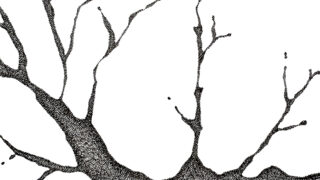
Guernica
Report

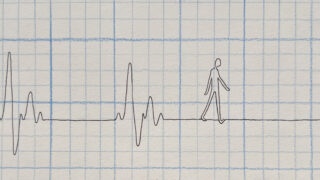
The Invisible War

جنگ پنهانی
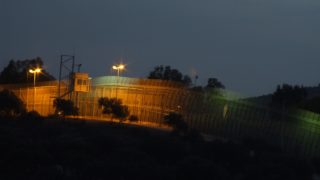
Locked Outside the Gates of Europe
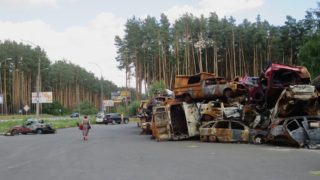
Suspended States
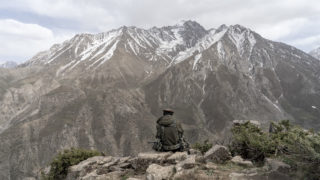

Inside the Afghan Resistance
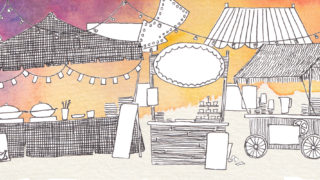
In Pursuit of Chicken Rice
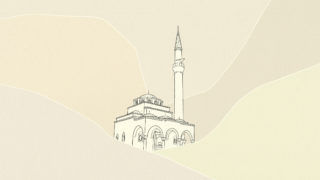
Resurrecting the Mosque of Banja Luka
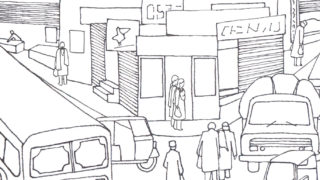
The End of the Empress

No Free Trials
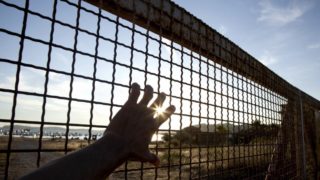
Best of Guernica: Aliyeh Ataei’s The Border Merchant
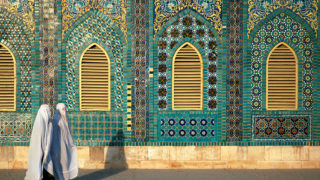
Best of Guernica: Nazish Brohi’s Footsteps in a Marked House

Living Memory
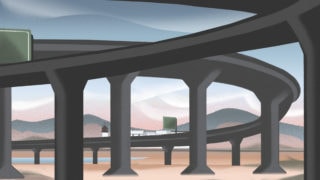
Hinterlands


Nihilism, Optimism, and the Noble Cause

Bad Birds in Quarantine

Raccoon Trouble
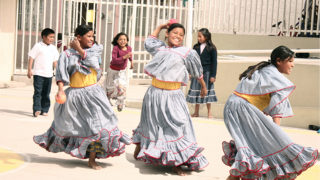
A Stitch in Time
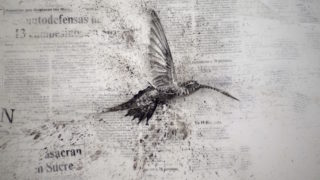
How to Wash Your Hands in a War Zone
At All Costs
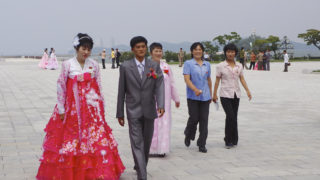
The Price of Freedom

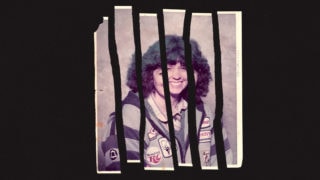

Poison Route

No Justice, No Peace

Pretend Nobody Died
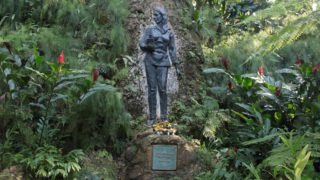
Celia Who?
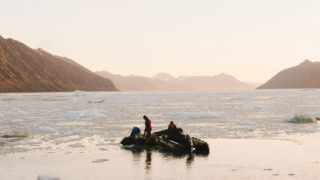
A Drowned World
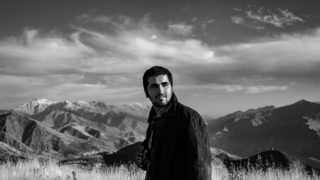
Every Inch of Earth
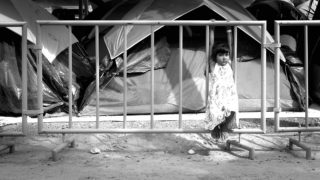
Out of Sight
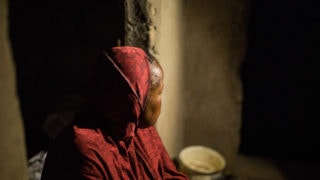
Enemies of the Public
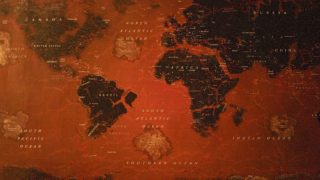
Mapping the End of the World

Ball and Chain

The Border Merchant
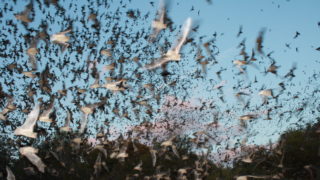
American Folly, American Dream

Not the Perfect Victim
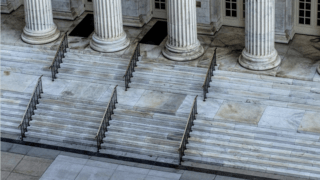
Holy Love, Holy Rage

Here We Abandon All Destinations

In the Prison of Your Skin
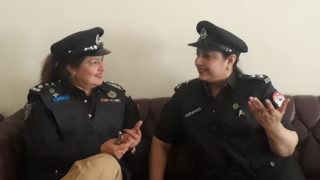
Footsteps in a Marked House: The Complex Role of Women in Pakistan’s Police Force
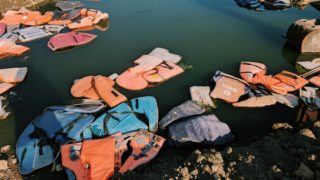
On a Greek Island, Refugees’ Hopes Are Put on Hold
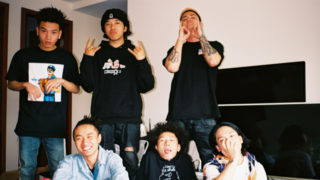
Chengdu Cool: The Rise of Sichuan’s Homegrown Hip Hop
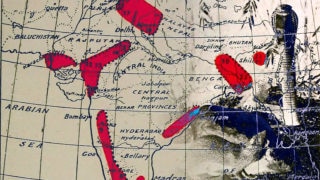
Leaving Karachi

That Night, It Never Ends: A Story of Life With or Without Parole
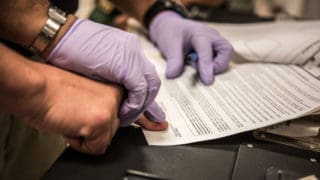
A State of Captivity: Immigrants Detained Repeatedly for Old Crimes

Among Catalan Winemakers, Separatism Uncorked
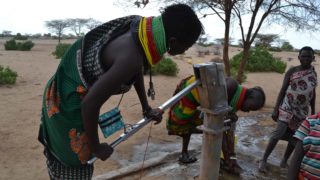
Kenya’s Thirsty Year
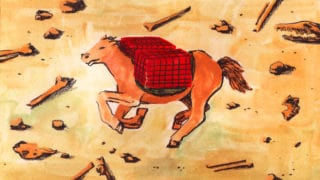
Rebellious Women and Other Demons of the Gobi

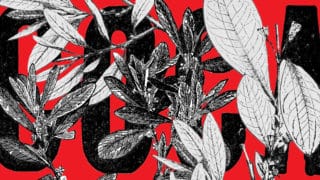
Bolivia’s Quest to Spread the Gospel of Coca

What Does the Obama Center Owe Chicago?
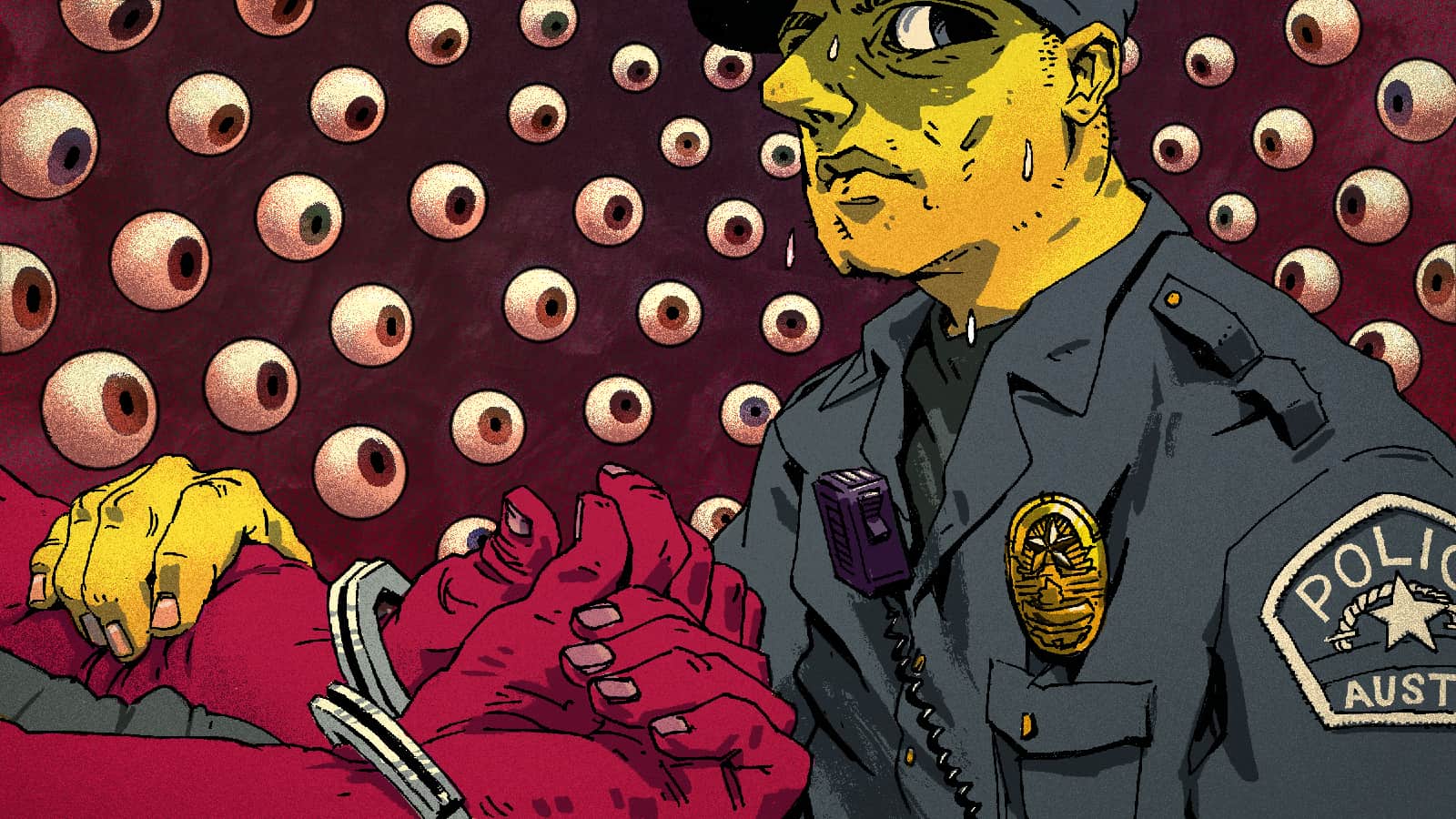
How a Cop-Watcher Is Born
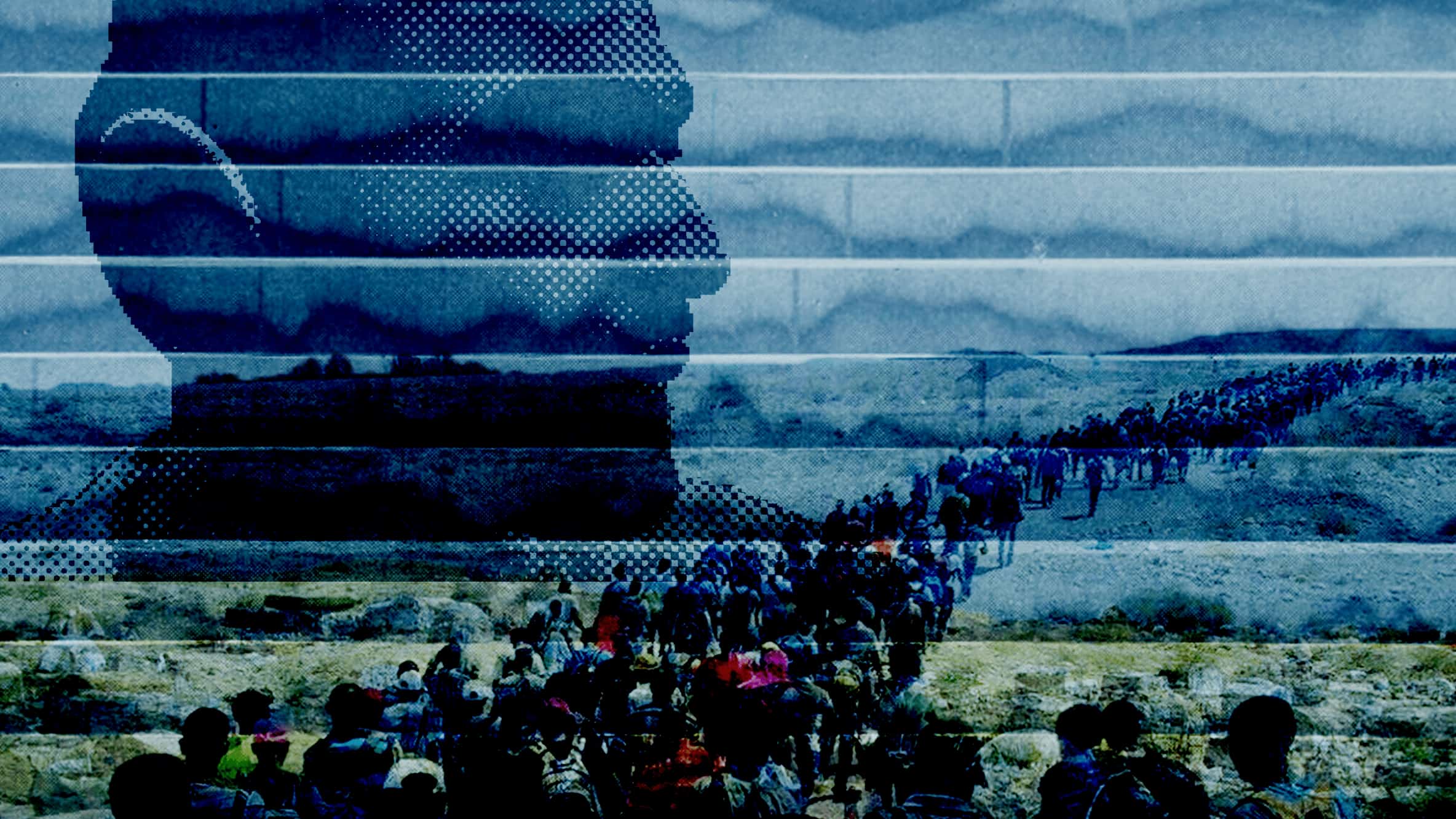
Enduring Abductions, Torture, and Tangled Asylum Laws, Eritrean Refugees’ Stories Still Go Unheard
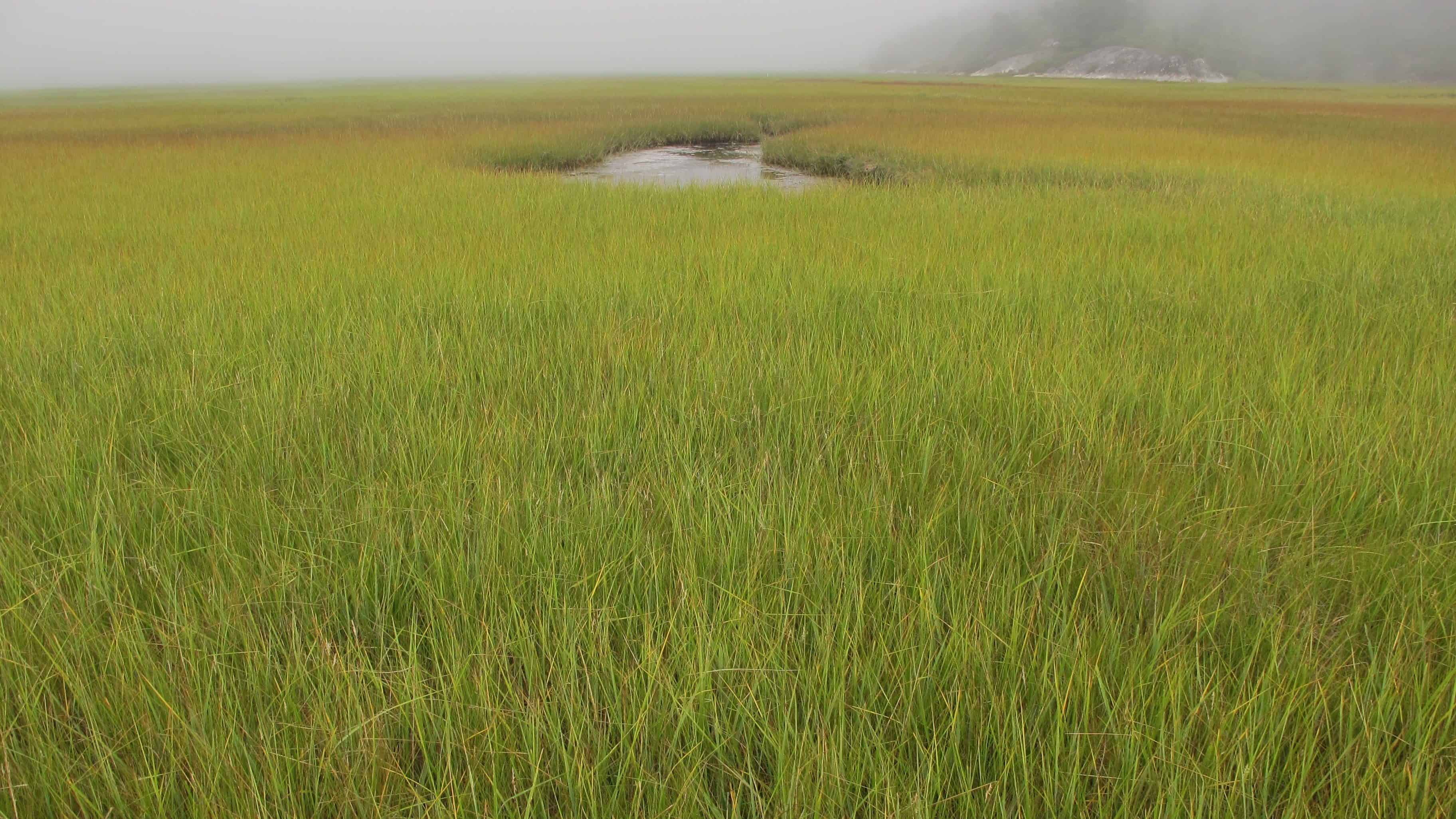
The Marsh at the End of the World

Eating with the Enemy
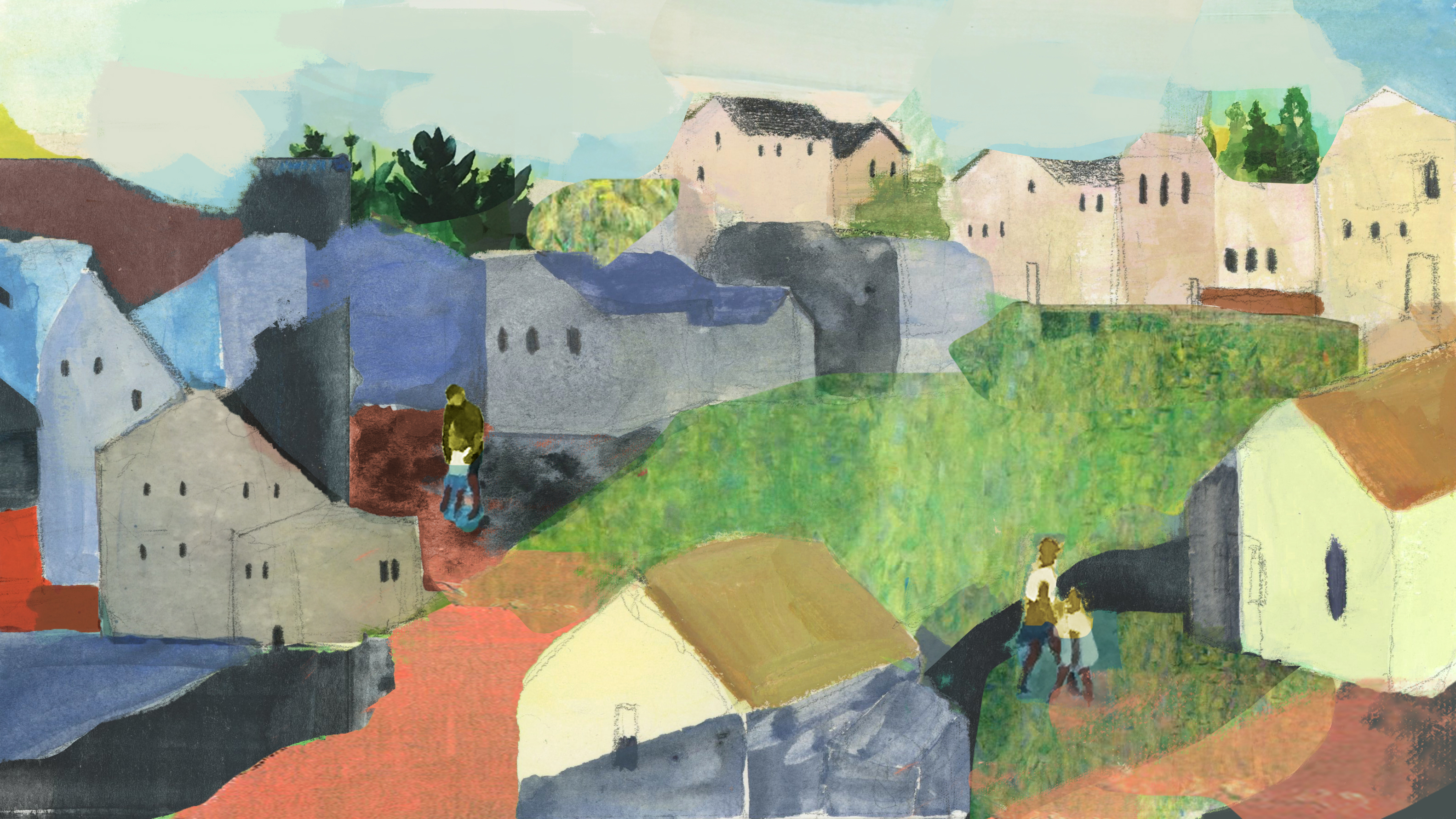
The Fallout
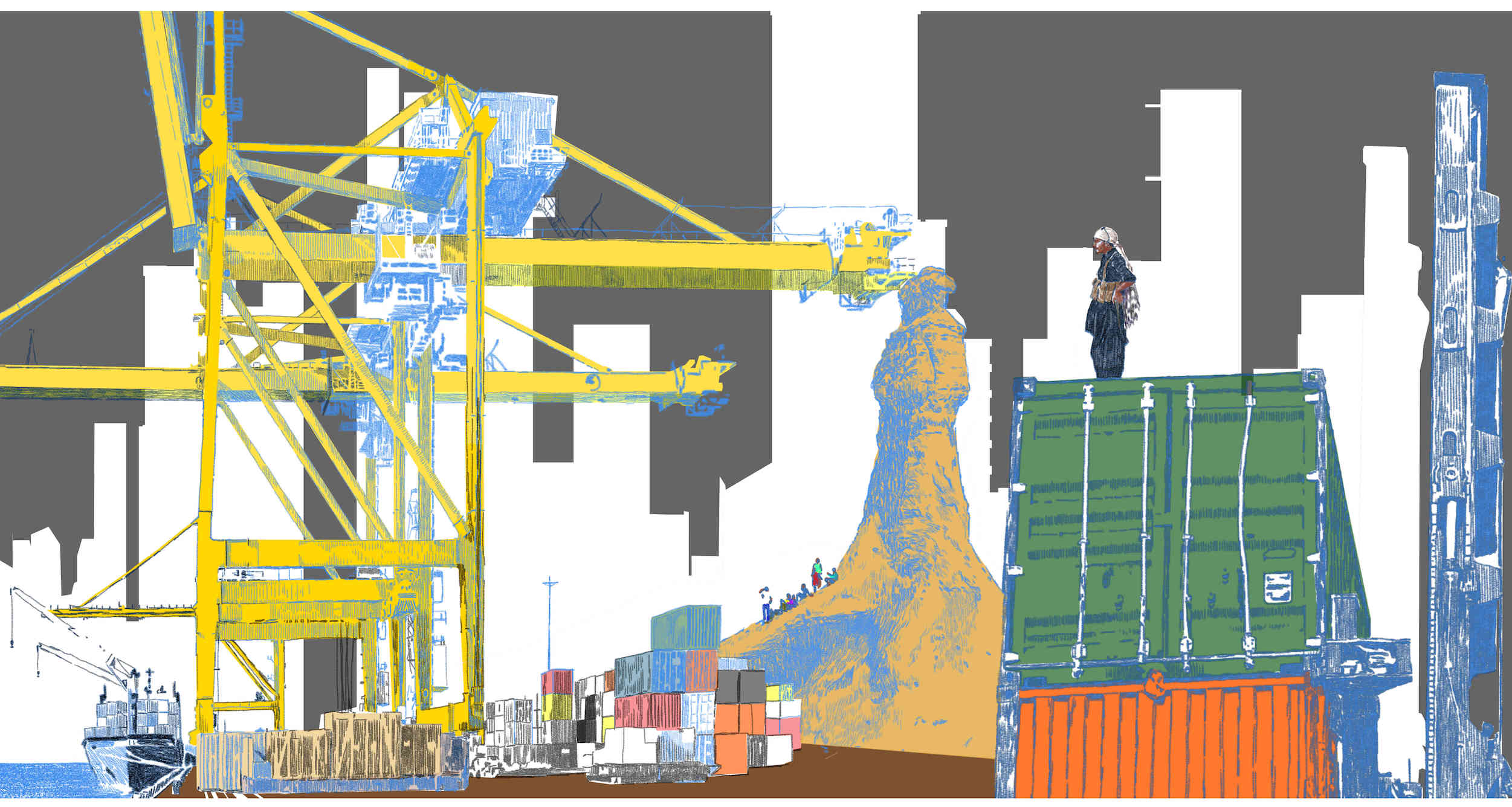
The Mountain and the Dry Desert Are Mine
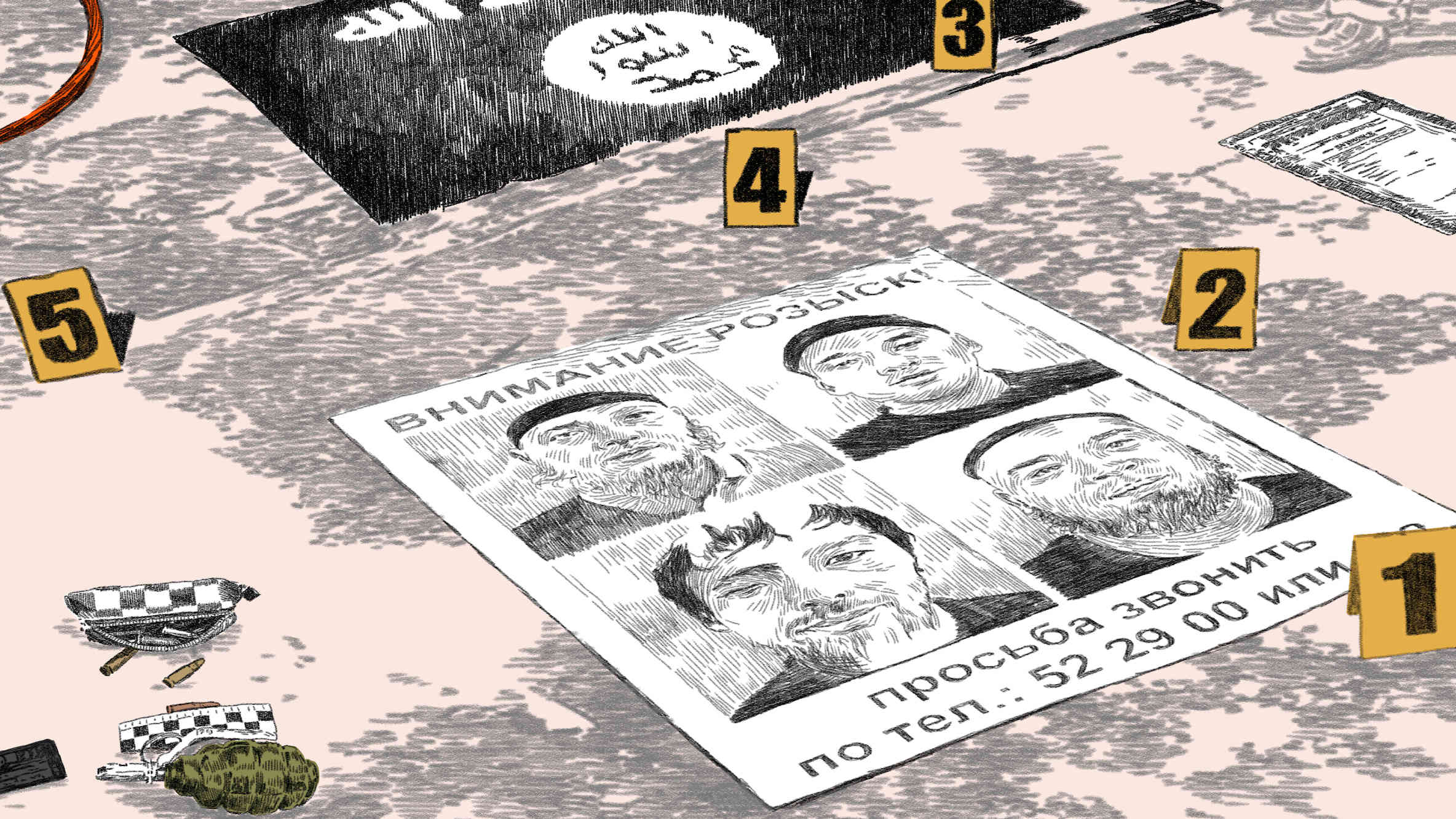
The Escapees of Bishkek
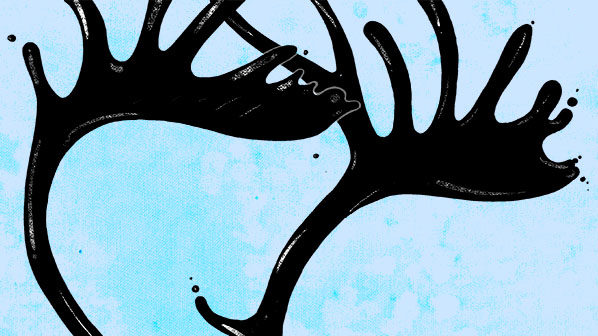
Going Where the Reindeer Go: Sami Culture at a Crossroads
In Norway’s far north, members of Europe’s last intact nomadic culture struggle to adjust as development and climate change reshape the landscape and their future.
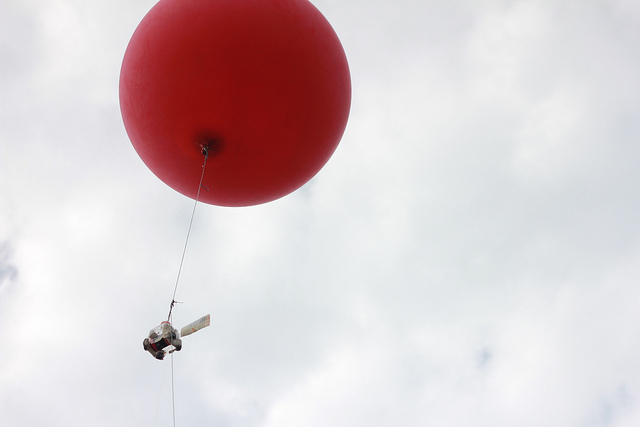
Healing the Gulf with Buckets and Balloons
How fenceline communities are gathering clues to help them combat environmental pollution.

Vote for the Cumbia
On Music: Hitching a Ride with the Guatemalan Chicken Bus Gypsy Caravan.
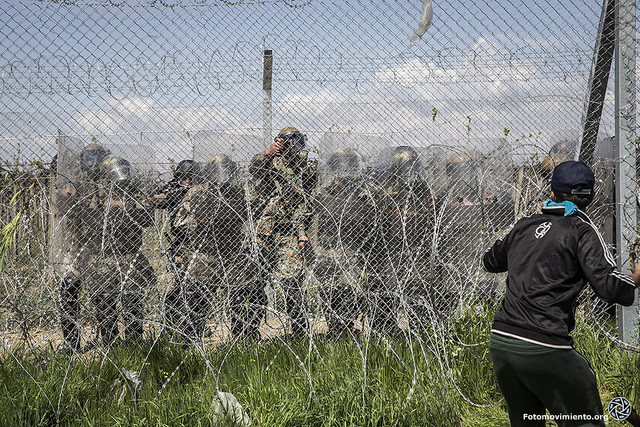
Warehouse of Souls: Inside the last days of the Idomeni refugee camp
For months, refugees caught in a "humanitarian logjam" near the Greek/Macedonian border lived in a makeshift tent city—until Greek officials cleared the area, replacing the fact of the camp with yet another layer of uncertainty.
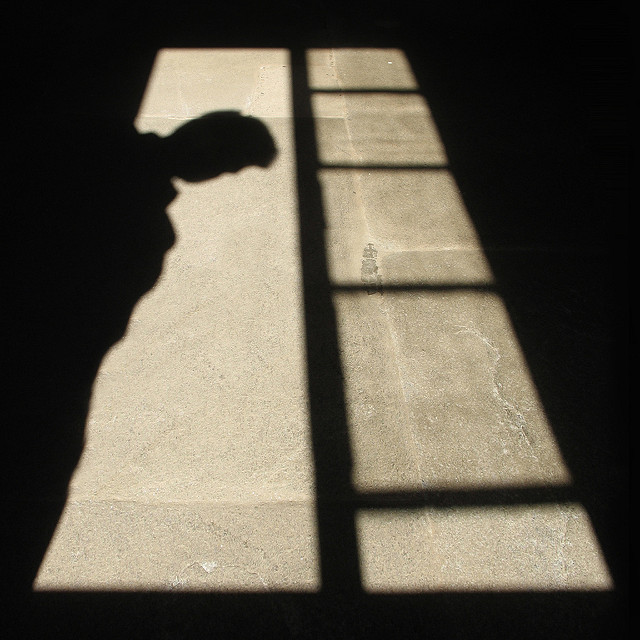
Behind the Hostage Detention of Bangladeshi Tahmid Hasib Khan
Even as Holey Artisan Bakery in Dhaka gets back to normalcy after a deadly siege a month ago, Bangladesh wrestles with the rising specter of extremism.

Welcome to Little America
The most important US air force base you’ve never heard of.

Kurdish Autonomy, Under Siege
How Kurdish rights continue to flounder under an authoritarian Turkey and an imploding Syria.
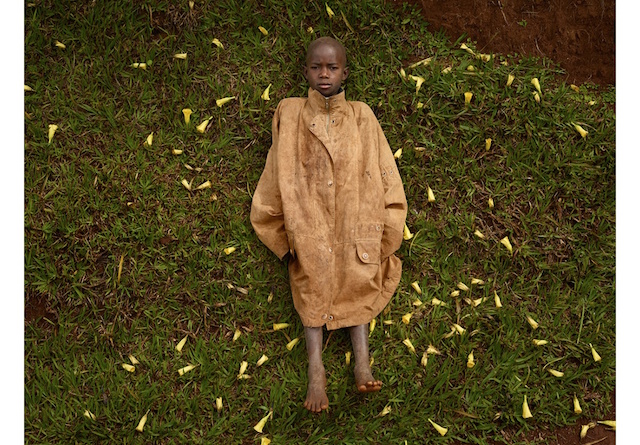
To Give Memory a Place
Pieter Hugo's latest portrait series examines the quiet afterlives of apartheid and genocide.

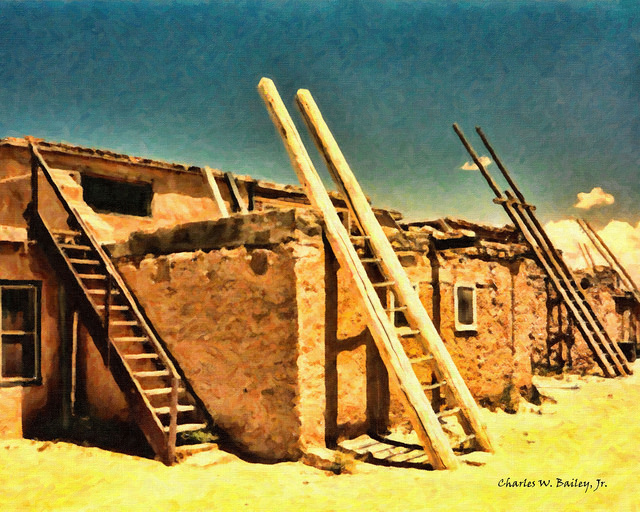
In the Service of the Sun
How the military, adobe houses, and finger-sized solar panels can pave the way to a more democratic distribution of energy.

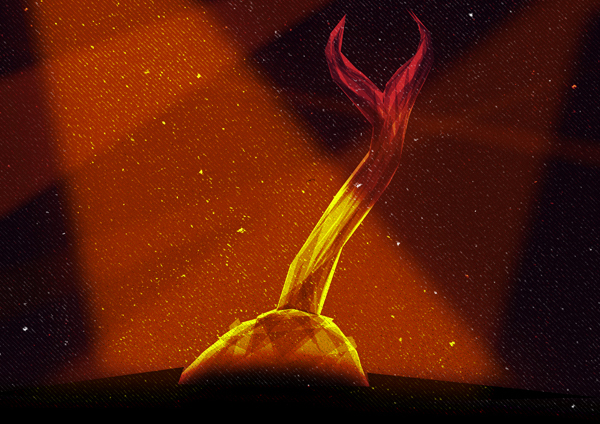
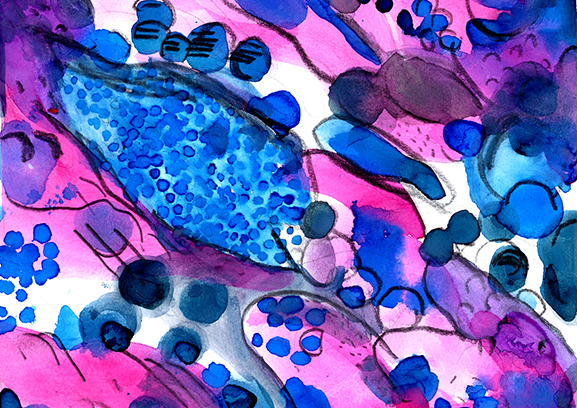
Kiss of Death
What does a neglected disease tell us about who we choose to take care of and why?
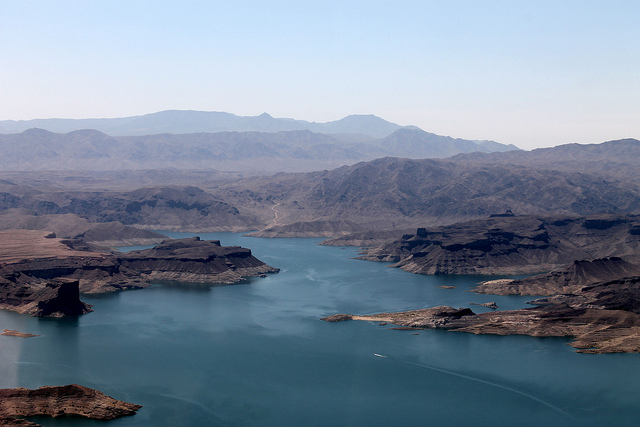
Drought be Dammed
The water crisis in the West has renewed debate about the effectiveness of major dams, with some pushing for the enormous Glen Canyon Dam on the Colorado River to be decommissioned.
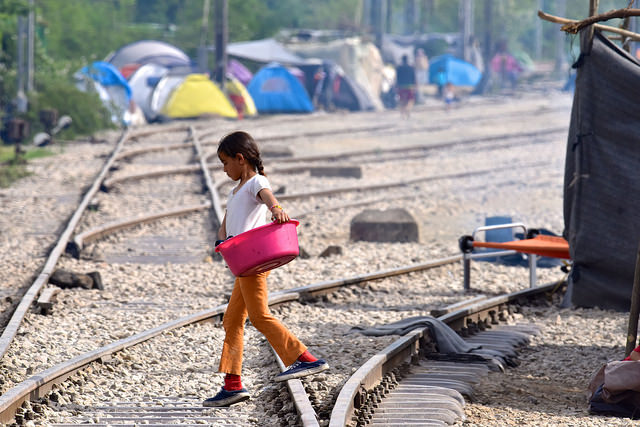

They Call Him Rrat
The unlikely bond between a hospice volunteer and a dying Vietnam veteran.

Trying to Get Right
The breakthrough addiction medication and the doctors who risk everything to prescribe it.
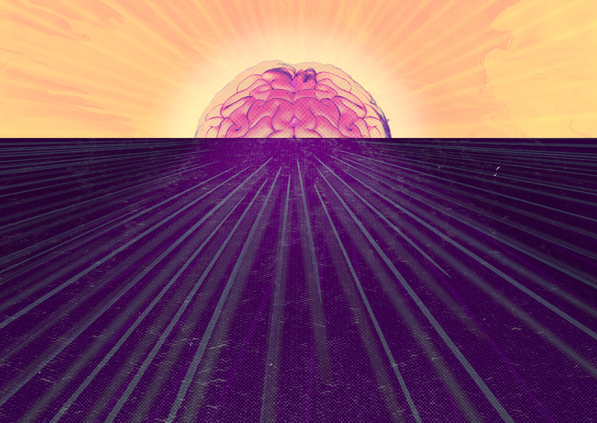
Distant Brains
Future of Language: Scientists are experimenting with ways for people to communicate using only their minds. But at what cost?
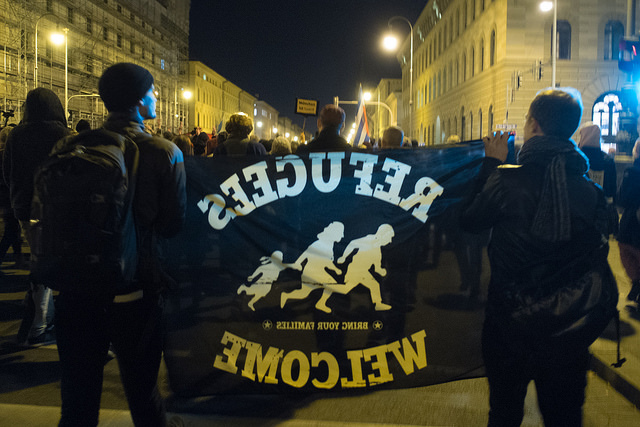

The Trump Vendor’s Art of the Deal in Iowa
A report from the field in Iowa, where Trump gear is selling like hotcakes
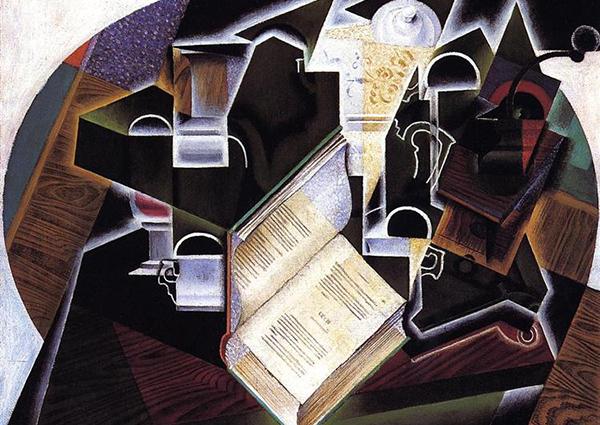
The Book Lady of Kabul
Block by block she maneuvers through the teeming sidewalks of Kabul’s Shar-E-Naw shopping district until she enters Ice-Milk Restaurant, stops at tables.


The Rationalist
Boundaries of Taste: Chased from his native India, Sanal Edamaruku contemplates the power of offense and accustoms himself to his new homeland.
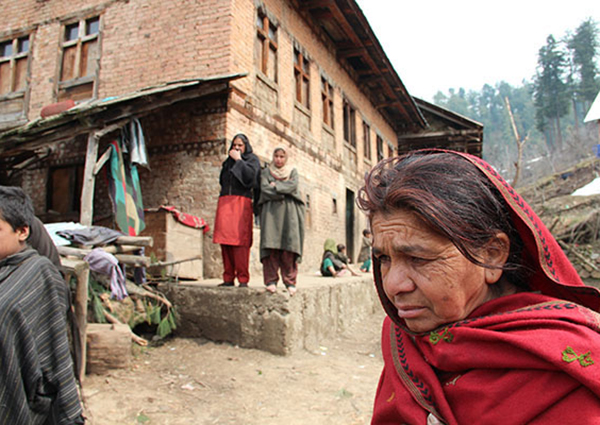
Murder in Uniform
Kashmir’s most infamous “fake encounter” leaves five families desperate for justice.
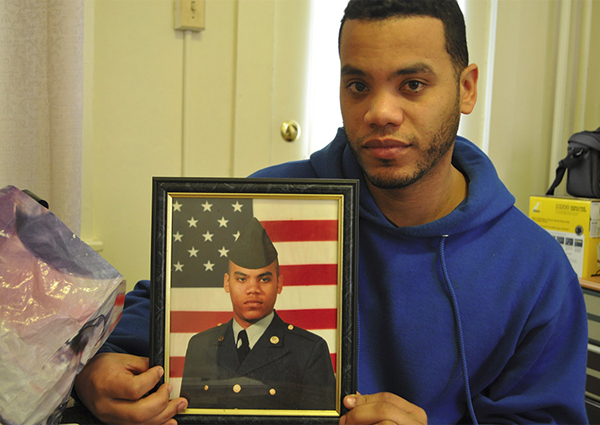
Unwanted Alive
Since changes to US immigration law in the ’90s, many veterans are being deported.

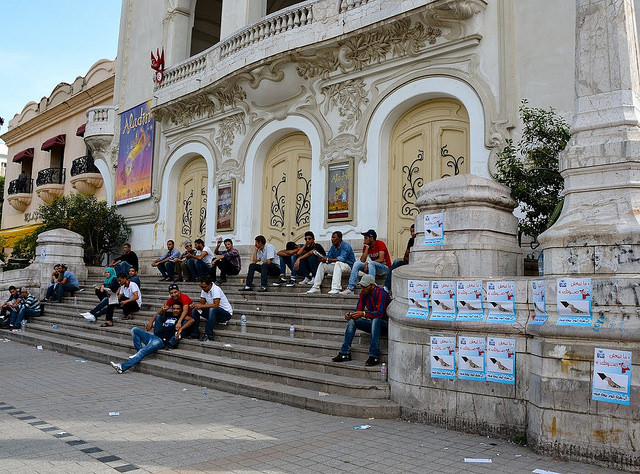
Reinventing the Revolution in Tunis
Four years after its revolution, what has changed for Tunisia, and for the rest of the world?
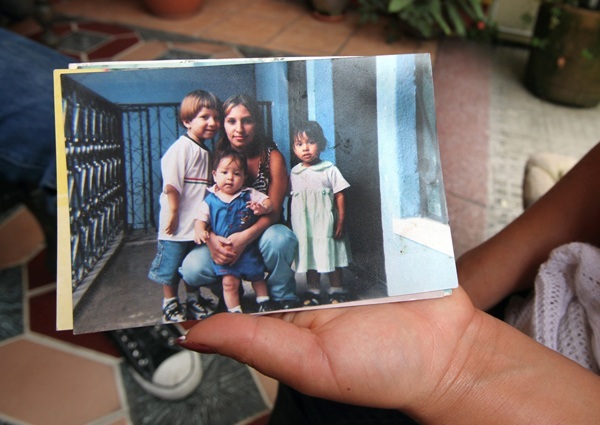
The Limits of Jurisdiction
For the past six years, Karen has lived in Missouri with her adoptive parents. But a Guatemalan couple are convinced the child is their kidnapped daughter, Anyelí.
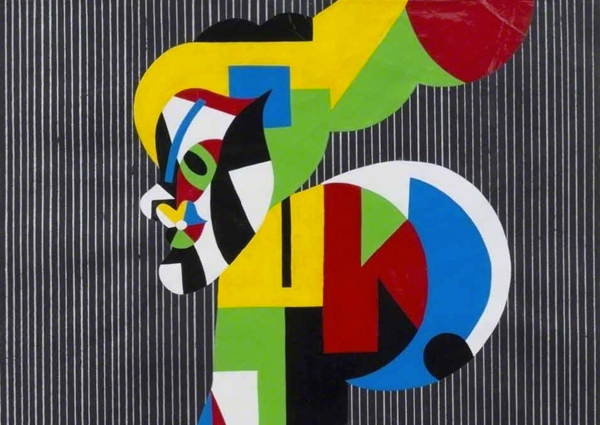
After the Green Death
At the top of the pantheon of spirits in Burma are the Thirty-Seven Nats. Twirling on earth, in a shimmering shawl, is their 74-year-old medium, U Nan Win.
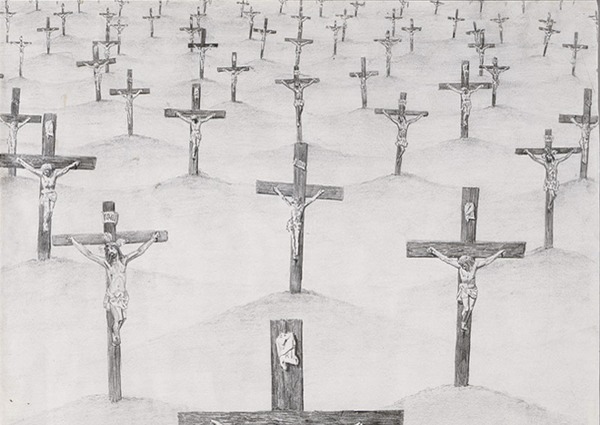
In the Prison of New Beginnings
In the South’s bloodiest prisons, Baptists say they can reform prisoners by turning them into missionaries.

From Baghdad to the Bakken
Home from the oil wars abroad, US service members and military contractors are flocking to North Dakota’s emerging boomtowns.
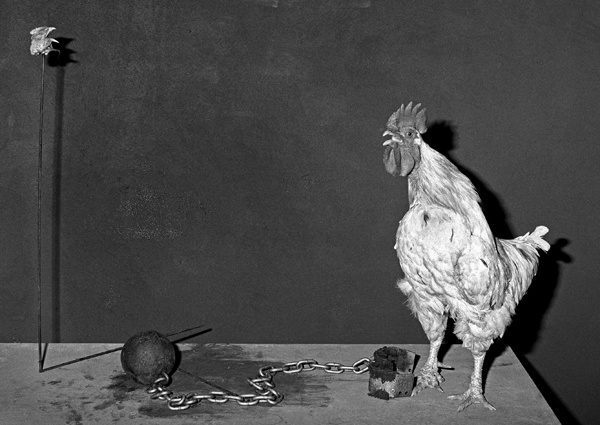
The Chicken Competition
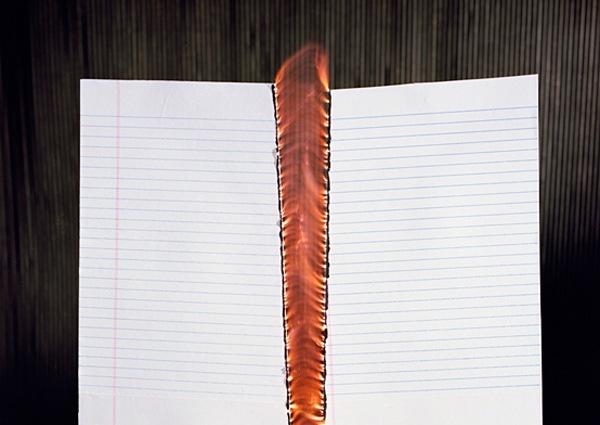
Freedom Mandate
When the religious right co-opts the push to reinvigorate civics education, dubious legislation reveals the most powerful people in public schools.
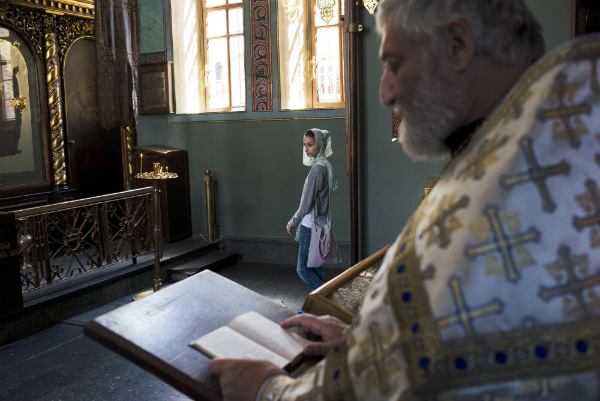
Between Tradition and Modernity
After the collapse of the Soviet Union, Georgians turned en masse to religion. Today, the Orthodox Church’s conservative beliefs are clashing with the country’s increasingly close ties to the EU.

A Great War Library
The books behind the assassination of Archduke Franz Ferdinand---and the men who read them.

Rachel Maddow, Isocrates, And The Power of Speech
The changing nature of authorship in the age of mass media as illustrated by the MSNBC host.


The Ayatollahs
The Pulitzer Prize-winning author looks inside 1979’s subterfuge and the lead-up to the Iran-Contra scandal.
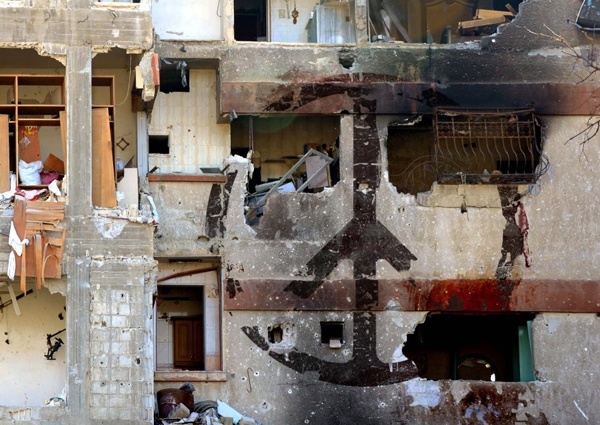
Fathers of Revolution
How much more must Syrians pay for their uprising against the Assad government?
